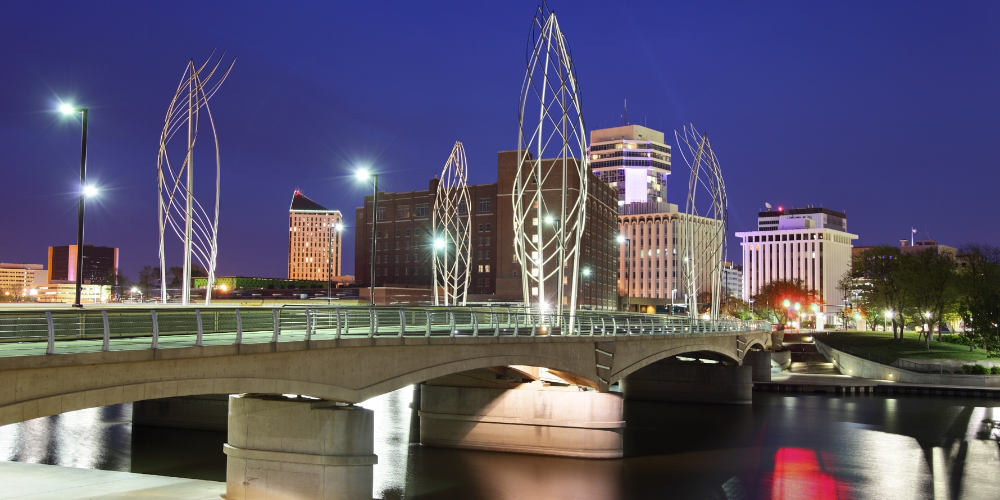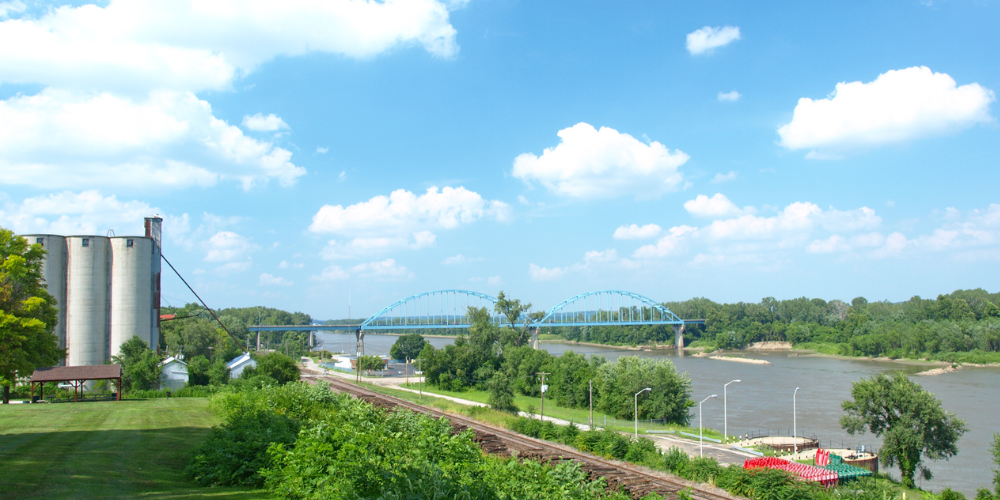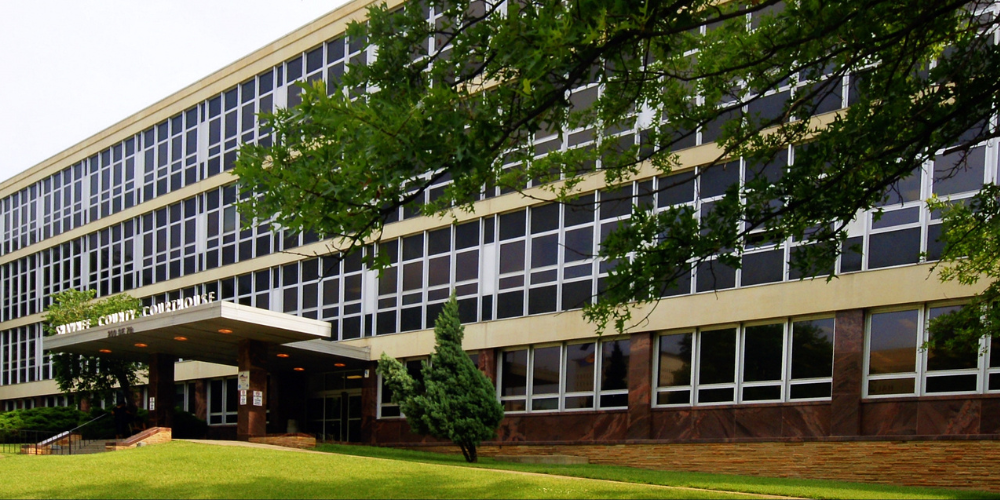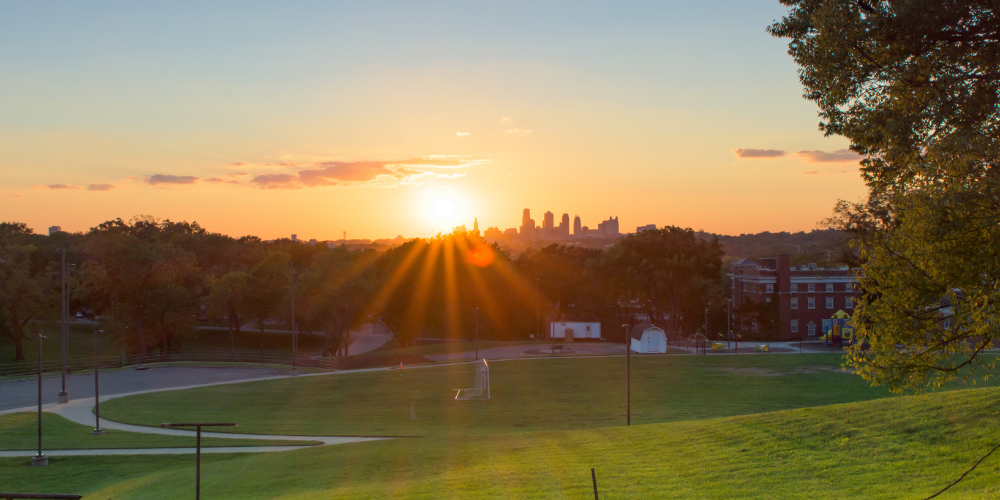Understanding Halfway Houses in Kansas: A Vital Resource for Recovery

Halfway houses in Kansas play a crucial role in helping individuals transition from rehabilitation facilities back into everyday life. These residences provide a structured environment where residents can gain the skills and support they need to reintegrate into society. According to recent data, Kansas has seen a steady increase in the number of halfway houses, reflecting the growing need for such services in the state. As of 2023, there are over 50 halfway houses across Kansas, each offering a unique blend of support and services to meet diverse needs.
Statistics show that halfway houses significantly reduce the risk of relapse among individuals recovering from substance abuse. In Kansas, approximately 70% of individuals who complete a program in a halfway house remain sober for at least a year, compared to 50% for those who do not use these transitional services. This data underscores the importance of halfway houses in promoting long-term recovery and stability. Additionally, AA meetings in Kansas provide crucial support and resources that enhance the effectiveness of halfway houses, offering individuals a comprehensive network of support as they work towards maintaining their sobriety.
Exploring the Support Network: Halfway Houses in Wichita
Wichita, the largest city in Kansas, is home to a robust network of halfway houses designed to support individuals in their recovery journey. Halfway houses in Wichita offer a variety of programs and services, including counseling, job placement assistance, and life skills training. With a population of over 390,000, Wichita has a high demand for these facilities, reflecting its commitment to supporting individuals transitioning back into the community.
Statistics indicate that Wichita has seen a significant increase in the number of halfway houses over the past decade. As of 2023, there are over 15 halfway houses in the city, catering to different demographics and needs. These facilities play a critical role in reducing recidivism rates among former inmates and individuals recovering from substance abuse, contributing to a safer and more supportive community.
The impact of halfway houses in Wichita is evident in the success stories of many residents who have regained their independence and rebuilt their lives. With comprehensive programs tailored to individual needs, these facilities provide the foundation for long-term recovery and personal growth. For anyone seeking support in their recovery journey, Wichita’s halfway houses offer a beacon of hope and stability.
Halfway Houses in Leavenworth: A Community of Healing and Growth
Leavenworth, known for its historic charm and strong community ties, is also a place where individuals can find the support they need in halfway houses. Halfway houses in Leavenworth are designed to offer a stable and structured environment for residents transitioning from rehabilitation. With a population of around 36,000, Leavenworth has developed a network of facilities that address the unique challenges faced by individuals in recovery.
Data shows that Leavenworth has a higher-than-average success rate for individuals completing programs in halfway houses. Approximately 75% of residents in Leavenworth’s halfway houses remain sober for at least a year post-program, significantly higher than the national average. This success is attributed to the personalized care and community support available in these facilities.
Leavenworth’s halfway houses not only focus on sobriety but also on personal development and community reintegration. Programs often include educational opportunities, vocational training, and community service, helping residents build a solid foundation for their future. For those seeking a supportive environment to aid in their recovery, Leavenworth’s halfway houses provide an ideal setting for growth and healing.
Journey to Recovery: Halfway Houses in Topeka
Topeka, the capital city of Kansas, offers a diverse range of halfway houses aimed at supporting individuals in their journey to recovery. Halfway houses in Topeka provide essential services such as addiction counseling, peer support groups, and employment assistance, ensuring a holistic approach to rehabilitation. With a population of over 125,000, Topeka has a well-established network of facilities that cater to various recovery needs.
Recent statistics reveal that Topeka has one of the highest concentrations of halfway houses in Kansas, with more than 20 facilities operating within the city. These houses have been instrumental in helping residents achieve lasting sobriety and reintegrate into society. The success rate of halfway houses in Topeka is notable, with over 68% of individuals maintaining their sobriety for at least a year after completing their programs.
The halfway houses in Topeka are known for their comprehensive and individualized care plans. Residents benefit from a supportive community, access to healthcare services, and opportunities for personal and professional development. For those navigating the challenges of recovery, Topeka’s halfway houses offer a pathway to a healthier and more fulfilling life.
Halfway Houses in Merriam: Support and Stability in Recovery
Merriam, a small city in the Kansas City metropolitan area, is home to several halfway houses dedicated to helping individuals transition from rehabilitation to independent living. Halfway houses in Merriam focus on providing a safe and structured environment where residents can rebuild their lives. With a population of just over 11,000, Merriam offers a close-knit community that enhances the support network available to residents.
Statistics indicate that Merriam’s halfway houses have a high success rate, with approximately 72% of residents maintaining sobriety for at least a year post-program. This success is supported by the comprehensive services offered, including mental health counseling, life skills training, and job placement assistance. The city’s commitment to supporting individuals in recovery is reflected in the quality and effectiveness of its halfway houses.
Merriam’s halfway houses emphasize community involvement and personal growth. Residents are encouraged to participate in community activities and volunteer work, fostering a sense of belonging and purpose. For those seeking a supportive and nurturing environment, Merriam’s halfway houses provide an excellent foundation for long-term recovery and reintegration into society.
Halfway Houses in Shawnee: A Pillar of Strength for Recovery
Shawnee, part of the Kansas City metropolitan area, offers a range of halfway houses designed to support individuals in their recovery journey. Halfway houses in Shawnee provide essential services such as addiction treatment, job training, and peer support, ensuring residents have the resources they need to succeed. With a population of over 65,000, Shawnee’s commitment to supporting individuals in recovery is evident in its well-established network of facilities.
Data shows that Shawnee’s halfway houses have a positive impact on residents’ long-term recovery. Approximately 69% of individuals who complete programs in Shawnee’s halfway houses remain sober for at least a year, highlighting the effectiveness of these facilities. The supportive community and comprehensive care plans are key factors in this success.
Shawnee’s halfway houses focus on holistic recovery, addressing not only addiction but also mental health and personal development. Residents have access to a range of services that promote overall well-being and help them build a stable and fulfilling life. For those looking for a supportive environment to aid in their recovery, Shawnee’s halfway houses offer a strong foundation for achieving lasting sobriety. Additionally, the availability of online therapists in Kansas provides residents with convenient access to mental health support, further enhancing their recovery journey and helping them achieve long-term success.
The Importance of Halfway Houses in Kansas: Supporting Long-Term Recovery
Halfway houses in Kansas play an indispensable role in supporting individuals on their path to recovery. Cities like Wichita, Leavenworth, Topeka, Merriam, and Shawnee offer a range of facilities that provide comprehensive care and support. With success rates exceeding national averages, these halfway houses are pivotal in helping residents achieve and maintain sobriety.
Statistics highlight the effectiveness of halfway houses in promoting long-term recovery and reducing relapse rates. In Kansas, the structured and supportive environments provided by halfway houses are essential for individuals transitioning from rehabilitation to independent living. As the state continues to expand and improve these services, halfway houses in Kansas will remain a cornerstone of recovery and reintegration efforts, offering hope and stability to those in need.
Resources:
Find Halfway House in this Location
Gold Bridge
(1)Primary Service: Substance Use Disorders Program
Address : 105 E Amity St, Louisburg, 66053
Primary Service: ⦁ Substance Abuse Treatment Services
Address : 29 Maurice Drive, Brunswick, 04011
Primary Service: ⦁ Mental Health Services
Address : 1816 N 2nd St, Atchison, 66002
Primary Service: ⦁ Substance Abuse Treatment Services
Address : 639 S Maize Ct., Wichita, 67209
Primary Service: ⦁ Substance Abuse Treatment Services
Address : 1504 SW 8th Avenue, Topeka, 66606
Primary Service: substance use disorders
Address : 1627 S 52nd Street, Kansas City, 66106
Primary Service: Mental Health Services
Address : Fisher St, Kansas City, 66103
Primary Service: Substance Abuse Treatment Services
Address : 608 N Main St, Lansing, 66043
Southwest House
(1)Primary Service: substance use disorders
Address : 2417 Lazybrook Lane Gender WC, Lawrence, 60047
Primary Service: treatment program for chemical dependency
Address : 8012 West 64th Terrace, Merriam, 66202